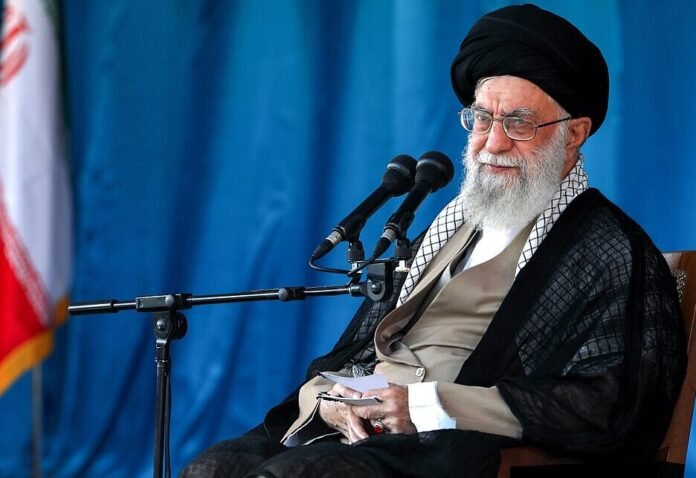Ayatollah Khamenei says Iran defeated the US and Israel as the war ends, internet slowly returns
Iran’s Supreme Leader Ayatollah Ali Khamenei has broken his silence following a fragile ceasefire with the United States and Israel, declaring what he called a “decisive victory” for the Islamic Republic after two weeks of intense conflict.
In a rare televised address on state media, Khamenei praised the Iranian people and military forces for their “resistance and resilience,” claiming that Iran had successfully pushed back against what he described as “Zionist and imperialist aggression.”
“Once again, the enemies of the Islamic world have been humiliated,” he said. “This is not merely a military ceasefire—it is a strategic victory for the Iranian nation.”
Khamenei’s comments mark his first public appearance since the outbreak of hostilities, which saw missile exchanges between Iran and Israel, and US airstrikes on key Iranian military and nuclear targets. During the conflict, Iran shut down internet access nationwide and clamped down on dissent, triggering fears of internal unrest.
As of Thursday morning, basic internet services have been restored across most of Iran, according to international monitoring groups. However, access to major social media platforms—including Instagram, WhatsApp, and X (formerly Twitter)—remains blocked. State-run ISNA news agency reported that the blocks were “temporary measures to preserve public order.”
Inside Iran, citizens cautiously resumed daily routines after days of tension, curfews, and uncertainty. “It feels like we are stepping out of a storm,” said one Tehran resident, who asked not to be named. “But we still don’t know who really won—everything still feels fragile.”
Embed from Getty ImagesInternationally, Khamenei’s declaration of victory drew swift condemnation. A senior US State Department official dismissed the claim as “delusional,” saying Iran had suffered “severe military and strategic setbacks” during the conflict.
Analysts agree that the war left Iran’s infrastructure weakened. US strikes last weekend caused significant damage to Iran’s Fordow nuclear site, and several senior commanders in the Islamic Revolutionary Guard Corps were reportedly killed. On the other side, Iran’s missile barrage damaged key infrastructure in Haifa and Ashkelon, with casualties reported in both Israel and US military facilities in the region.
While the guns have fallen silent, geopolitical tensions remain high. The ceasefire, brokered by Qatar and supported by both Russia and the European Union, includes commitments by all parties to de-escalate and enter mediated talks over future military activity in the region.
White House officials have remained cautious. President Donald Trump has not yet responded to Khamenei’s remarks but earlier stated the US “achieved all our mission goals” and warned Iran against “further provocation.” Trump administration officials continue to push Iran to accept a civilian nuclear deal modelled on the UAE’s system—one that bans domestic enrichment entirely.
Meanwhile, Iranian officials have been quick to project strength. Revolutionary Guard commander Hossein Salami said the war “proves Iran can deter any enemy,” adding, “We have not lost—we have endured.”
Though the ceasefire holds for now, foreign diplomats and regional experts warn it remains precarious. “Both sides are licking their wounds,” said a senior EU official in Brussels. “But neither has resolved the underlying hostility. This peace could be measured in weeks, not years.”
For Iranians, the focus has shifted from missiles to survival. With inflation surging and international sanctions biting harder than ever, economic pain continues to plague the country. The government has yet to announce whether full internet services will return or when political prisoners detained during the blackout will be released.
